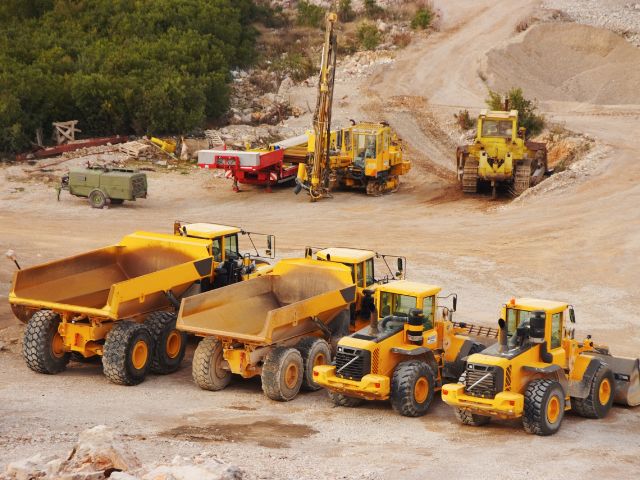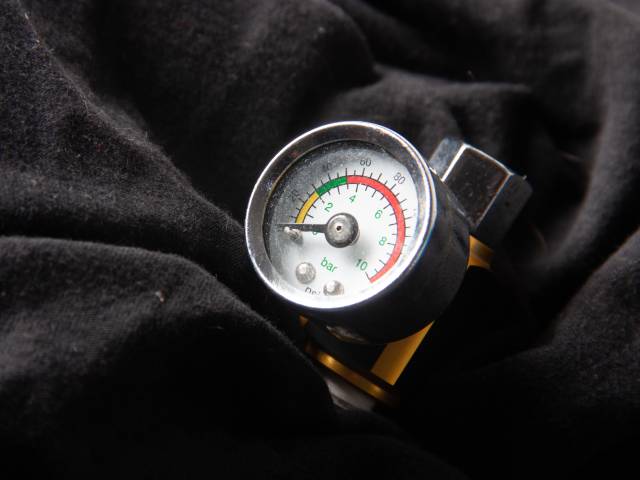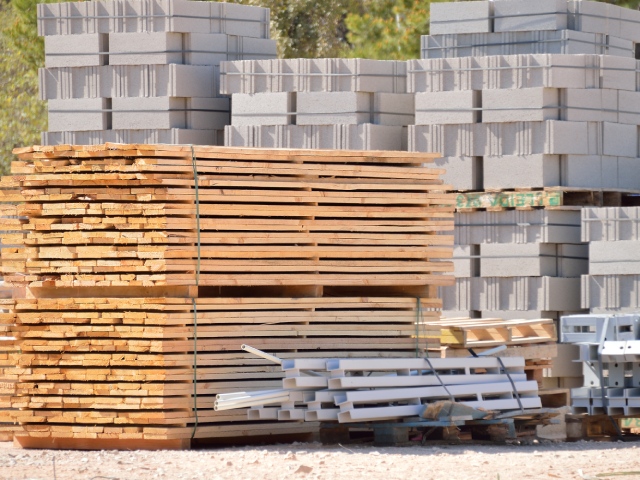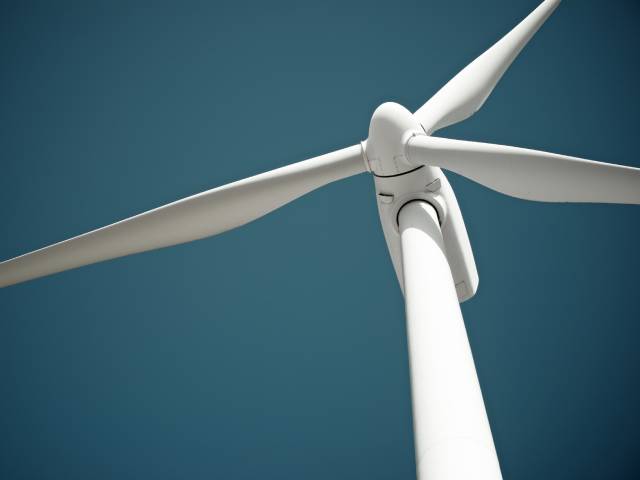

Completing tasks on a worksite is much easier with the right heavy equipment. It’s nice to know what you’re getting when making such a significant investment.
Finding the right tool for the job is essential, especially if you’re on a strict timeline. Here’s what you should know when purchasing heavy equipment.
The manufacturer’s expected life span is the first thing to consider when looking at heavy equipment. Not all heavy equipment is designed to last as long as possible. Getting a good quality brand will ensure yours lasts as long as possible without breaking down or needing hefty repairs.
Most manufacturers expect to get around 10,000 hours out of their machines. Some can last even longer with proper maintenance and care procedures. However, the number can be significantly lower if you purchase used or refurbished equipment.
You’ll also want to pay attention to the overall cost of the equipment. This includes your base payment, ongoing maintenance costs, rental fees, and other expenses. Taking the time to learn about the terms of your agreement before executing a contract will allow you to plan out a budget.
Some heavy equipment comes with a warranty, guaranteeing that it will last for a specific time and offering repairs or replacements if it doesn’t. Learning the most important things about heavy equipment warranties will allow you to maximize your investment.
You never know what some heavy equipment has been through. If you’re purchasing used parts or machinery, it’s good to have a history report to consult. Sellers should have adequate logs that give you a detailed history of any maintenance that’s been done.
Whether the machinery is new or used, you should be especially wary of damage resulting in significant repairs or replacement parts. It’s good to look over heavy equipment before making a purchase. Pay close attention to damaged or worn parts. Low fluid levels, loose tracks, and faulty hydraulics are red flags that you should avoid at all costs.
Even if you’re buying heavy equipment from a well-established manufacturer, it’s good to have an idea of what you’re getting into. Considering the expected life span, the overall cost of ownership, and maintenance history will allow you to make the best decision for your needs.
Researching beforehand will highlight what you should know when purchasing heavy equipment.
24World Media does not take any responsibility of the information you see on this page. The content this page contains is from independent third-party content provider. If you have any concerns regarding the content, please free to write us here: contact@24worldmedia.com

Why You Need To Improve Drainage on Your Property

Essential Tips To Shield Your Car Windows From Damage

Warehouse Optimization Tips To Improve Performance

How High-Humidity Climates Affect Pressure Gauges

How Is Global Health Improving Year After Year

Ways That You Can Make Your Land More Useful

Essential Materials Used in the Construction Industry

A Look Into 3 Aspects of Maintaining Wind Turbines

Key Factors To Know Before Using IoT Solutions

Avoiding Hazards: How Vehicle Manufacturers Keep People Safe